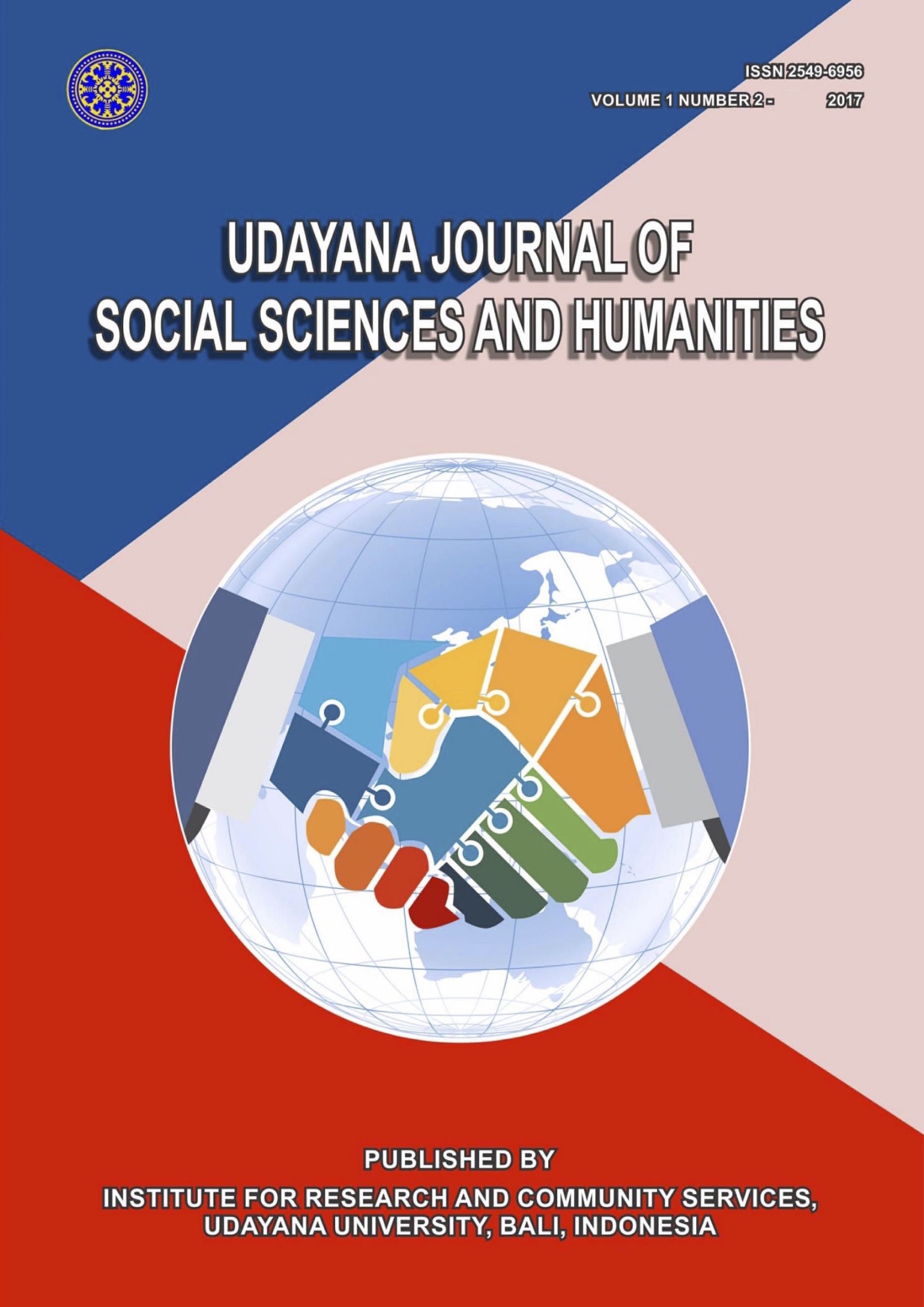Empowerment of Traditional Woven Handicraft Group as a Supporting Dimension for Traditional Weaving Construction
Abstract
Community empowerment will enable an increase in society's ability to contribute to reaching the resources around them. The role of society is the participation that can be realized through empowerment tailored to the local potential both natural resources and human resources. There is empowerment program was to proceed in public life. The program aims in conducting capital assistance for the development of ikat handicraft business through business groups. The purpose of the research is to provide alternative solutions in a participatory manner according to their potential. The program is designed to strengthen groups that are carried out in existing groups, as well as organizing steps through the formation of groups of village-level craftsmen. This activity will take place through the cooperation of all stakeholders, according to the expected goal of empowering craftsmen. Data collecting techniques are done through observation, interview, and documentation. Data analysis technique is done through interpretative analysis. The result shows that the formation of a group of artisans contributes greatly to the continuity of traditional ikat weaving. In short, this study contributed positively to the preservation of weaving ikat.






